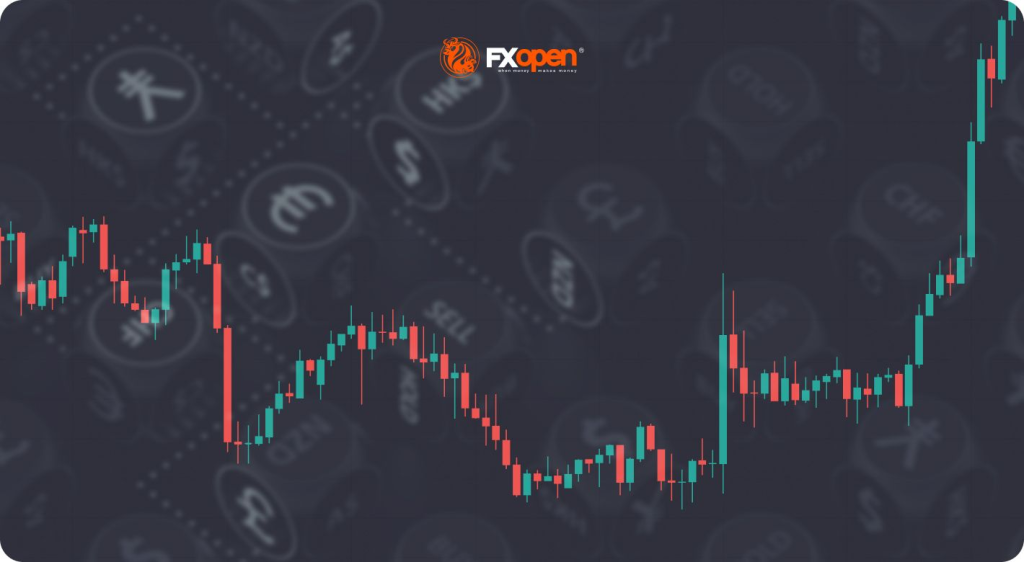Forex, short for foreign trade, is the largest economic industry on the planet, with an everyday trading volume exceeding $6 trillion. It’s wherever currencies are ordered and offered, making it an essential component of world wide finance. Forex trading requires the change of one currency for another, and their reputation stalks from the ability to profit from the fluctuating exchange rates.
The forex industry operates 24 hours each day, five days per week, thanks to its decentralized nature. Major economic hubs global, such as London, New York, Tokyo, and Sydney, lead to this continuous trading activity. That supply helps it be convenient for traders from numerous time areas to participate.
Forex trading generally happens in currency sets, such as for example EUR/USD (Euro/US Dollar) or USD/JPY (US Dollar/Japanese Yen). The initial currency in the set is the beds base currency, and the second reason is the estimate currency. The exchange charge presents the amount of the offer currency expected to get one product of the base currency. Traders suppose on whether a currency will appreciate (go up) or depreciate (go down) in value relative to their counterpart.
To engage in forex trading, one needs a forex broker, a financial intermediary that provides access to the forex market. Brokers offer different trading programs, resources, and methods to simply help traders produce informed decisions. Also, traders can choose between different types of accounts, such as for example typical, little, or micro reports, depending on the risk patience and trading capital.
Complex and simple examination are two fundamental methods utilized in forex trading. Specialized examination involves studying historical price graphs, styles, and indicators to anticipate potential cost movements. On the other hand, basic evaluation is targeted on expert advisor and geopolitical facets that can affect currency values. Successful traders usually mix both strategies to produce well-informed trading decisions.
Risk management is a crucial part of forex trading. Traders use stop-loss requests to limit possible failures and take-profit instructions to secure profits. Leverage, a double-edged sword, may increase both gets and losses, so that it is employed wisely. Traders should not spend more than they can afford to lose.
Psychology plays a substantial role in forex trading. Emotions like concern and greed may cause impulsive decisions, producing losses. It’s critical for traders to steadfastly keep up control and adhere to a trading plan. Continuous learning, training, and adapting to changing industry situations are key to long-term success in the forex market.

In conclusion, forex trading is an energetic and accessible industry that offers sufficient possibilities for profit. Traders can participate in that global industry, capitalizing on currency price fluctuations. But, it’s necessary to strategy forex trading with warning, emphasizing risk management, informed decision-making, and constant learning how to understand the difficulties of the international trade market.

Leave a Reply